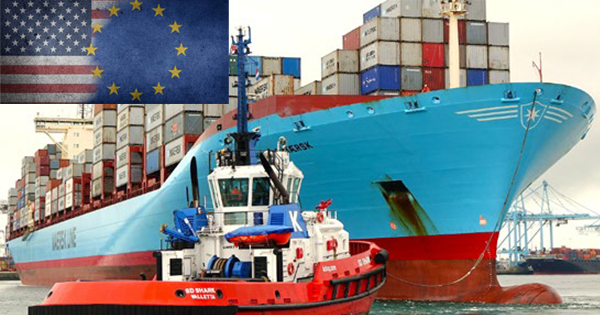The Transatlantic Trade and Investment Partnership (TTIP) aims to save billions each year through US-EU automotive safety regulatory convergence
Divergent auto safety regulations in the United States and the European Union drive up costs by as much as $2.3 billion annually on a bilateral basis, according to a new Center for Automotive Research (CAR) study, entitled ‘Potential Cost Savings and Additional Benefits of Convergence of Safety Regulations between the United States and the European Union’.
According to the report, this amount also represents the savings that could be realised if the Transatlantic Trade and Investment Partnership (TTIP) includes full US-EU auto safety regulatory convergence. $2.3 billion in potential savings is the appropriate figure to inform the TTIP talks, but on a global basis, the extra saving rises to as much as $4.2 billion annually. Meeting two different sets of standards, that for all practical purposes achieve the same high level of auto safety performance and outcomes, therefore poses an annual cost far exceeding the $1.6 billion in combined annual tariffs related to US-EU motor vehicle trade. The study, published during the 14th round of TTIP talks taking place in Brussels, clearly underlines why it is important that US and EU negotiators include such a measure in the on-going TTIP negotiations. Consumers would also benefit from regulatory convergence due to increased savings and better product choice, as automakers could increase vehicle offerings, according to the new research. The study is unique as CAR gathered detailed information from global motor vehicle manufacturers on the development costs associated with meeting the two sets of regulations, and used those variables to estimate the aggregate and per-car costs. This study is the latest research to confirm the benefits of an ambitious automotive regulatory chapter in TTIP. Last year, the Peterson Institute for International Economics (PIIE) demonstrated that US-EU automotive regulatory convergence would lead to a $20 billion annual economic benefit. The CAR analysis was welcomed by the transatlantic auto industry, represented by the Alliance of Automobile Manufacturers (Auto Alliance), the American Automotive Policy Council (AAPC), and the European Automobile Manufacturers’ Association (ACEA).
The three organisations have continued to stress the importance of advancing a comprehensive and ambitious TTIP agreement. The Transatlantic Trade and Investment Partnership (TTIP) is a proposed trade agreement between the European Union and the United States, with the aim of promoting trade and multilateral economic growth.
#TTIP, #billions, #save, #automotivesafety, #regulatoryconvergence, #motorvehiclemanufacturers, #AAPC, #ACEA


